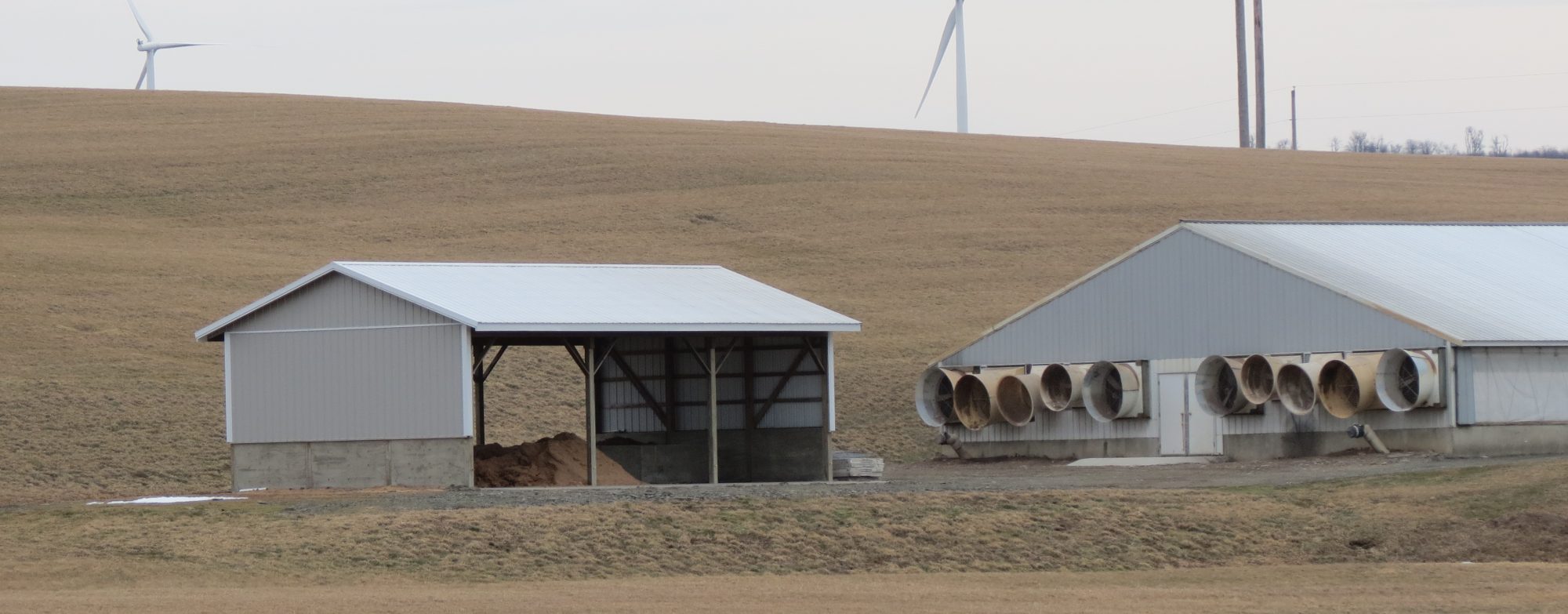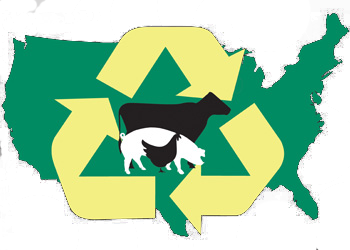![]() Waste to Worth home | More proceedings….
Waste to Worth home | More proceedings….
Abstract
The economics and environmental impacts of livestock production cross watershed boundaries and affects both rural and urban populations. In particular, the issue of manure management has been the subject of debate and new policies in recent years as the non-point source discharge of nutrients and bacteria can be substantial if manure is not managed properly. Like most policies and rules, every five years the National Conservation Practice Standard (590) on Nutrient Management undergoes review and revision. This year, 2013, marks the initial year for adoption and implementation of state-specific and/or revised 590 standards across the United States. Despite “guiding” national standards and policies, there are different, unique approaches and tools used for nutrient management within different states and regions.
Why Discuss Nutrient Management Standards?
This session explores how different states are moving forward with nutrient management policies, standards and practices, and in particular, related to the NRCS 590 Standard. This session will include a panel discussion on unique adaptations by states to phosphorus indices, nitrogen leaching indices, winter application guidelines, air quality, and general nutrient management planning. The panel will also discuss if and how stakeholders have come together to develop these standards and practices. The discussion is also open to audience members wishing to share approaches and ideas. The session will conclude with a planning session to identify how we can, cooperatively, prepare for future policy and standard development, including discussion of collaborative research opportunities. This is a great opportunity to start building multi-state research projects to provide answers to manure management questions and issues that we might face in another five years.
Presenters
Erin Cortus, Assistant Professor, South Dakota State University erin.cortus@sdstate.edu and Nichole Embertson, Nutrient Management and Air Quality Specialist, Whatcom Conservation District, Lynden, Washington nembertson@whatcomcd.org
All presenters were invited to speak on the panel as experts on their State’s 590 revisions and/or adoption and implementation process. Their unique perspectives and processes will shed light on the regional differences in Nutrient Management and how it is affected by policy, social considerations, and regional resource concerns.
Laura Pepple, Livestock Extension Specialist, University of Illinois Urbana-Champaign
Melony Wilson, Animal and Dairy Science Public Service Representative, University of Georgia
Bonda Habets, Certified Crop Advisor, Washington State
James Sharkoff, State Conservation Agronomist, USDA-NRCS Colorado State
Handouts
Summary of Responses from National Survey
The authors are solely responsible for the content of these proceedings. The technical information does not necessarily reflect the official position of the sponsoring agencies or institutions represented by planning committee members, and inclusion and distribution herein does not constitute an endorsement of views expressed by the same. Printed materials included herein are not refereed publications. Citations should appear as follows. EXAMPLE: Authors. 2013. Title of presentation. Waste to Worth: Spreading Science and Solutions. Denver, CO. April 1-5, 2013. URL of this page. Accessed on: today’s date.

